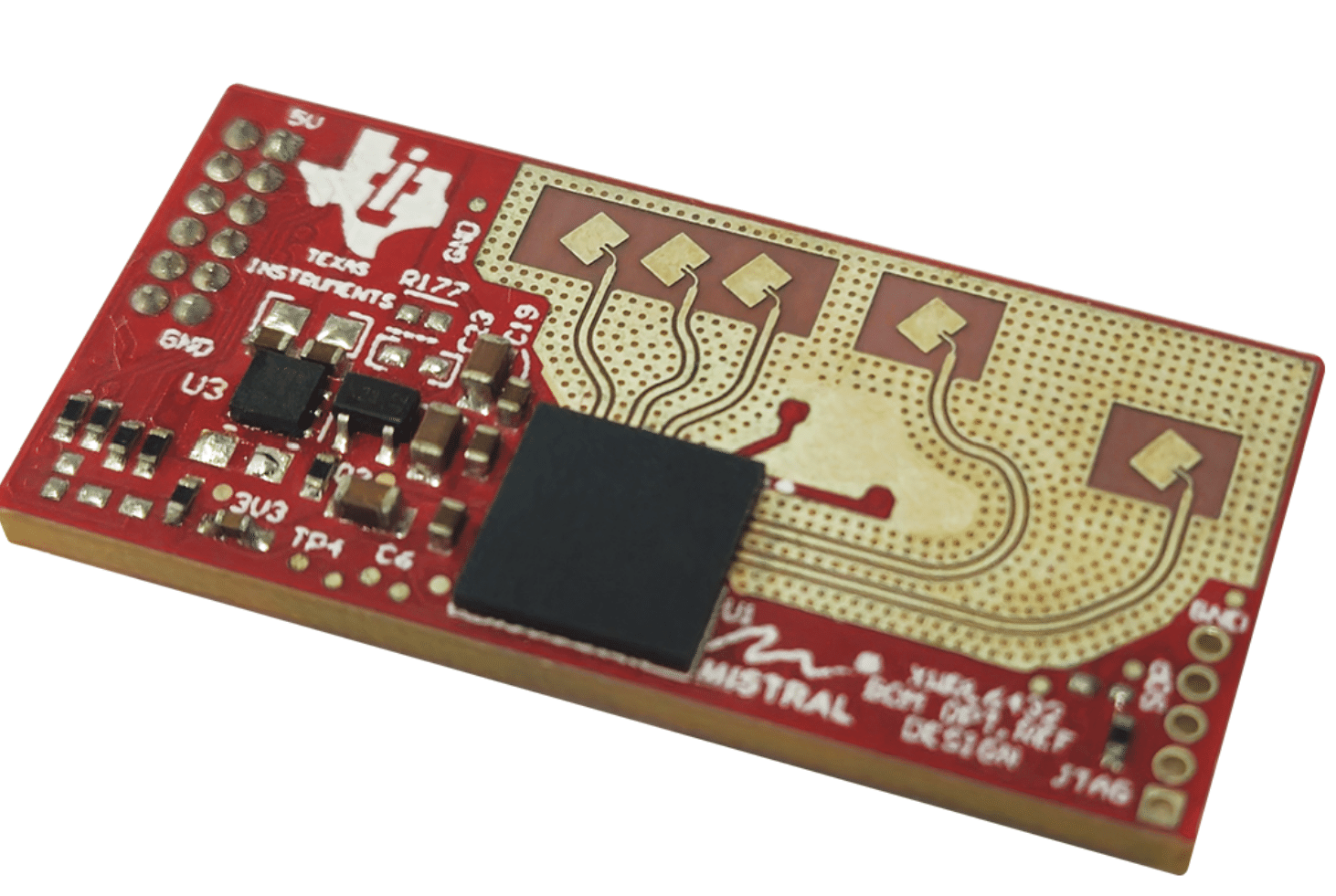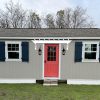
The design offers motion detection, low power, and cost optimization for applications in personal electronics, building automation, and lighting systems.

TIDEP-01033, a reference design from Texas Instruments (TI) with IWRL6432, is aimed at low-cost, small-form-factor millimetre wave (mmWave) applications, optimized for a bill of materials (BOM). The 60GHz mmWave design measures 16mm x 33mm and offers a 120˚ field of view, up to 15 meters of pedestrian detection, and a 19˚ angular resolution. The radar sensor uses FR4 material with a 4-layer PCB stack. This guide covers the development of the design architecture and cost optimization. It also discusses two antenna configurations with 3D and 2D detection capabilities. Applications of the design include personal electronics, PCs and notebooks, televisions, building automation, and lighting.
Radar-equipped systems in industrial applications like building automation, parking management, personal electronics, and lighting enhance safety and quality of life. Frequency-modulated continuous-wave (FMCW) radars offer precise range, angular resolution, and relative velocity measurements, making them ideal for tasks like presence detection, motion detection, and tracking. Unlike cameras and LIDAR systems, radars are less affected by environmental factors like dust or smoke and can operate in total darkness and bright light conditions, unaffected by glare.
This reference design features a compact, optimized 60GHz mmWave chip that simplifies integration with a 4-layer layout and a simple schematic. The antenna has a detection range of up to 15 meters for motion or presence detection and offers a ±60° field of view in both azimuth and elevation planes. Thanks to the single-element patch antenna design, its small size allows it to fit in personal devices and other equipment bezels. The design uses TI’s IWRL6432 from the low-power 60GHz mmWave device family.
The design features an onboard single-element patch antenna for the mmWave sensor. Two antenna designs are available based on the transmitter antenna’s spatial position: one offers 1D detection, and the other provides 2D detection.
Design engineers will find that the reference design offers low power consumption, making it suitable for applications like motion, presence detection, and gesture recognition. The compact form factor is particularly beneficial for space-constrained environments such as TVs, monitors, and digital picture frames, where the radar can be embedded in the bezel region. In these situations, the antenna must be optimized for areas often less than 2 cm in width, ensuring size efficiency and performance. Additionally, the antenna design provides a wide field of view (FoV) and good angular resolution, allowing for broader coverage areas to enhance the overall sensing experience.
The reference design requires a 5V input for the power supply, which is converted by an onboard low-dropout (LDO) regulator and a DCDC regulator to 3.3V and 1.8V, respectively. The default I/O voltage is set to 3.3V, though it can be adjusted to 1.8V depending on specific use-case requirements.
TI has tested this reference design. It comes with a bill of materials (BOM), schematics, assembly drawing, printed circuit board (PCB) layout, and more. The company’s website has additional data about the reference design. To read more about this reference design, click here.









